131 CD / Claude Debussy: Prélude pour piano, „Les soirs illuminés par l’ardeur du charbon“
Description
Kultur SPIEGEL, January 2005:
"There are good pianists, there are grandiose pianists and there is Evgeni Koroliov: In each recording the Russian pianist, who hitherto was mainly to be heard playing Bach, sets new standards. With Debussy he competes with champions such as Gieseking or Michelangeli - and triumphs: this round of portraits of atmosphere, hovering wonderfully between jest and seriousness, has never before sounded so expressive or transparent."
12 reviews for 131 CD / Claude Debussy: Prélude pour piano, „Les soirs illuminés par l’ardeur du charbon“
You must be logged in to post a review.
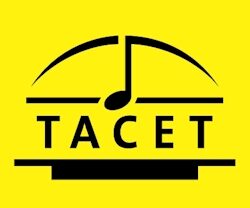
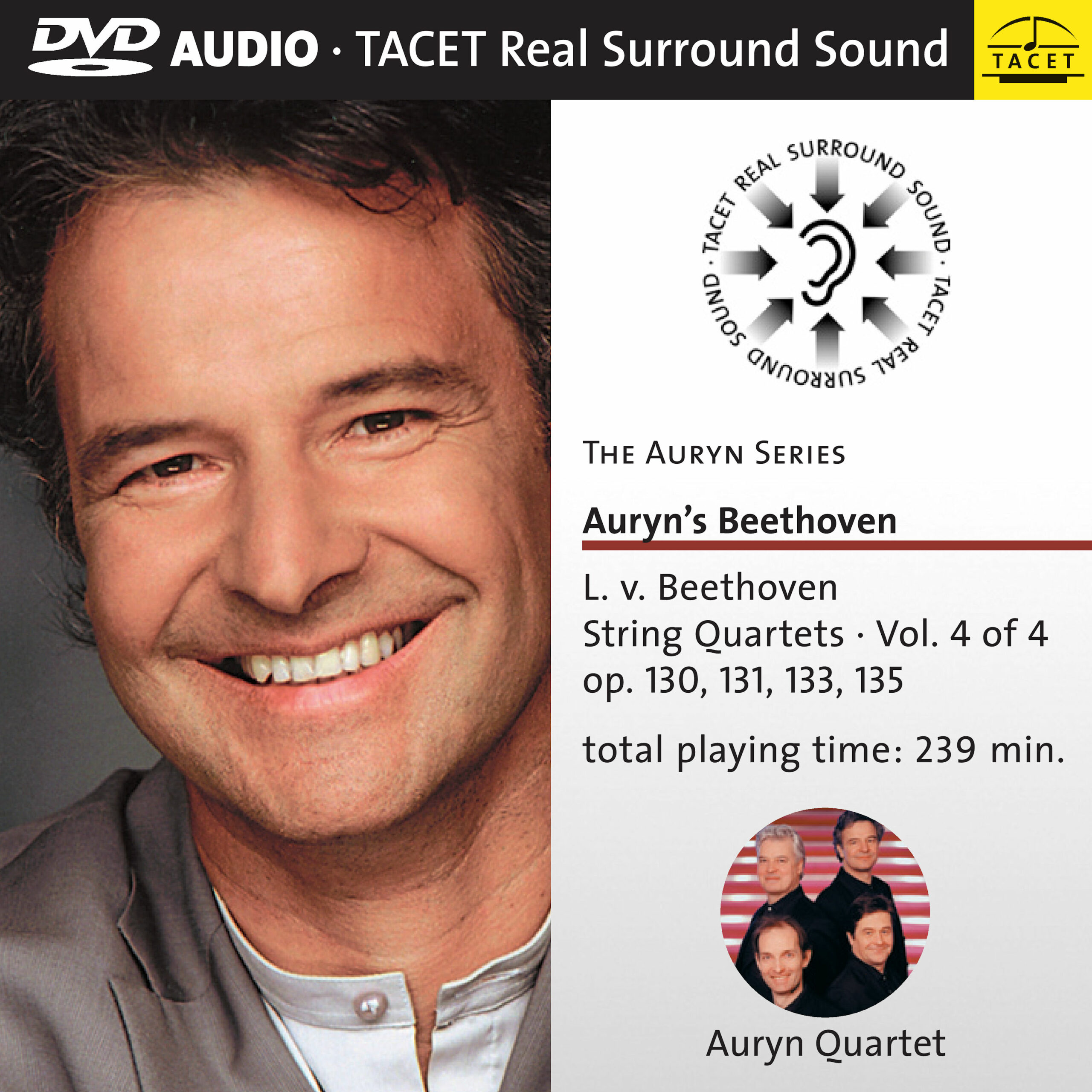
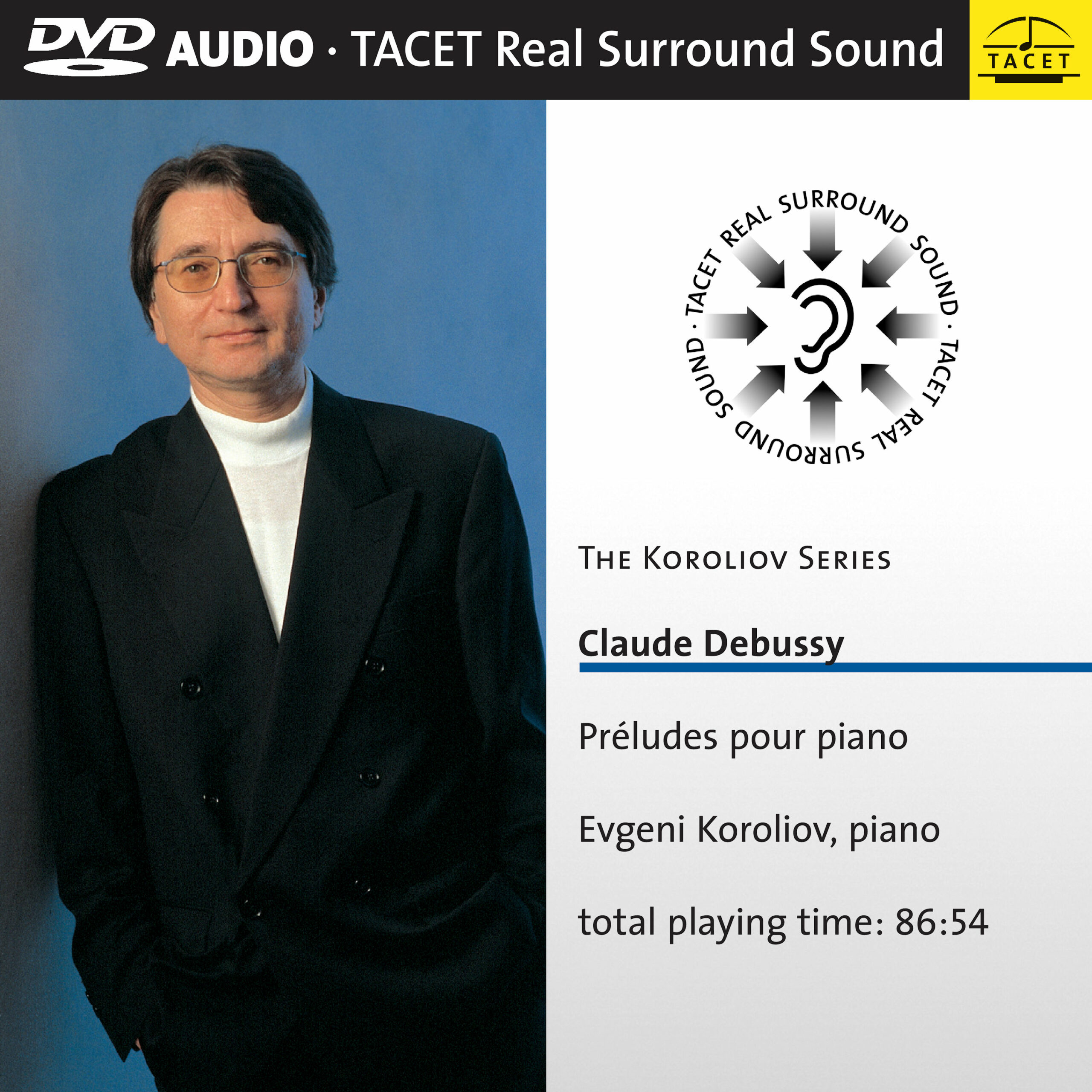
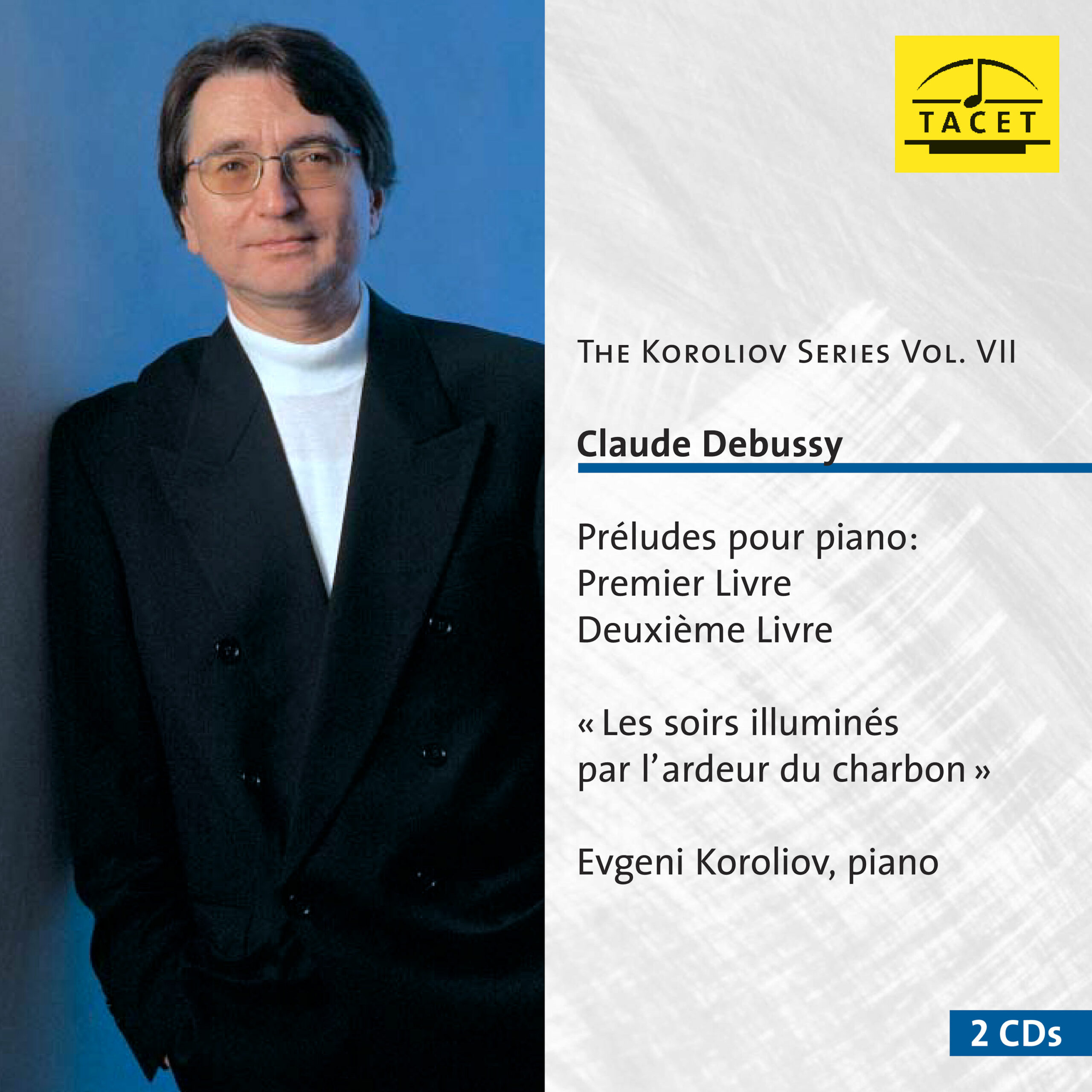
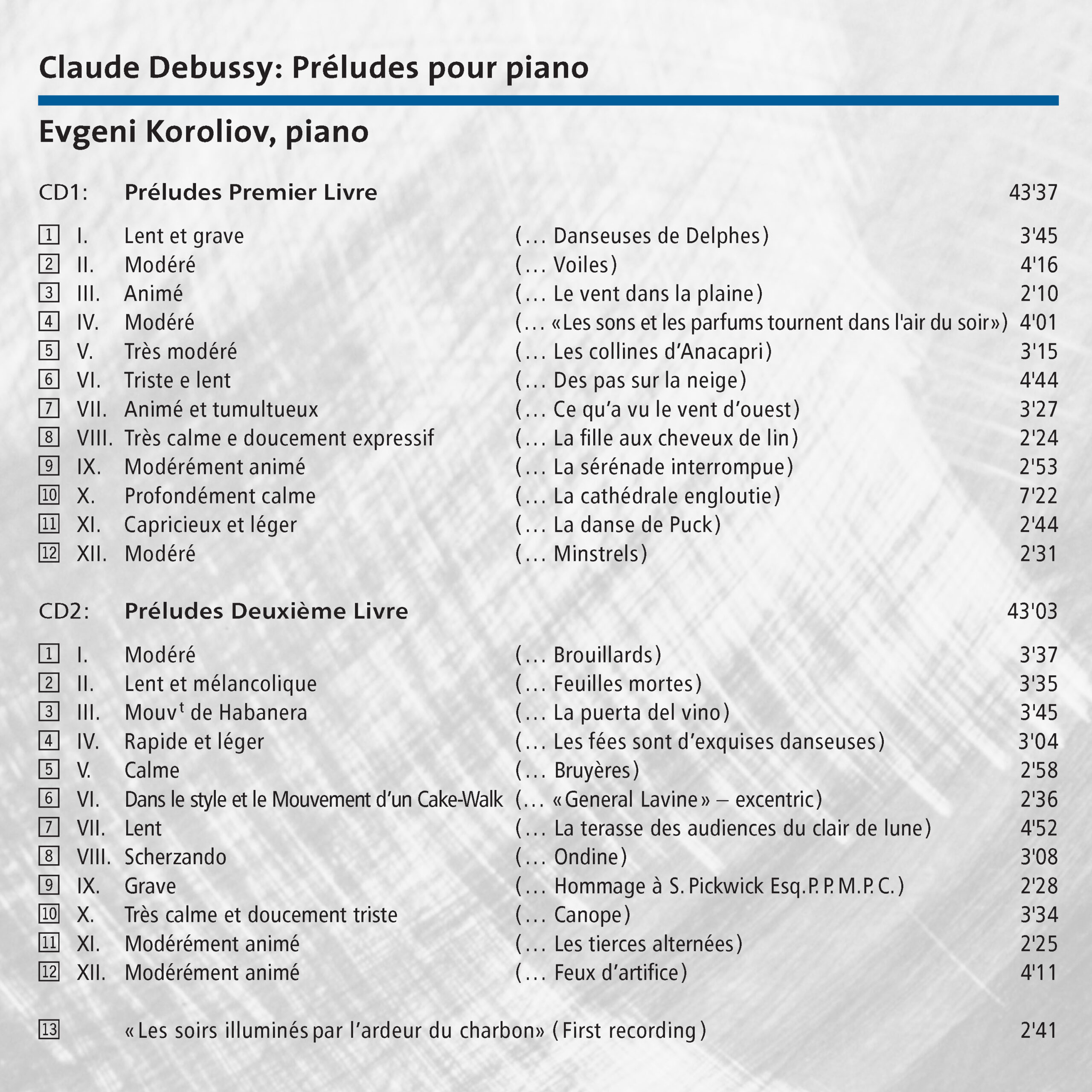

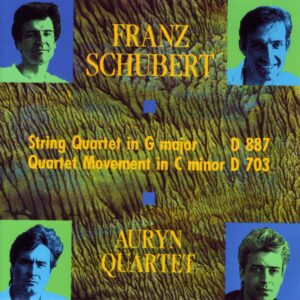
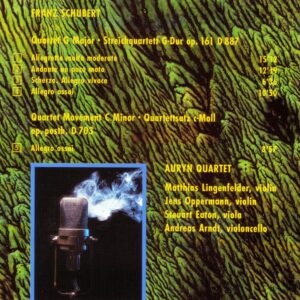
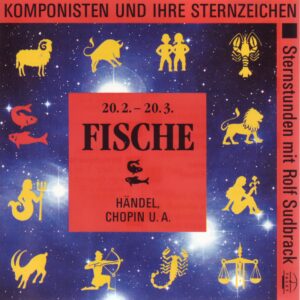
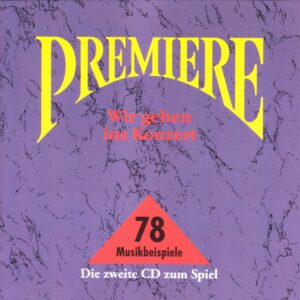
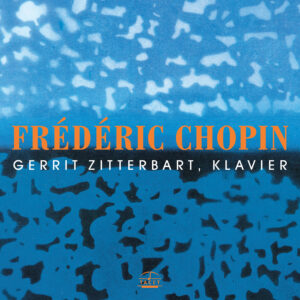
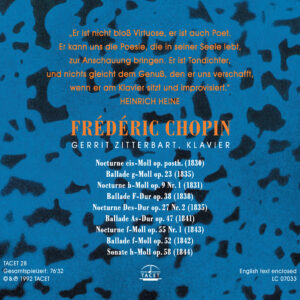
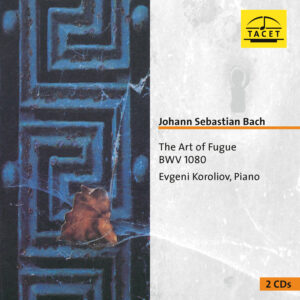
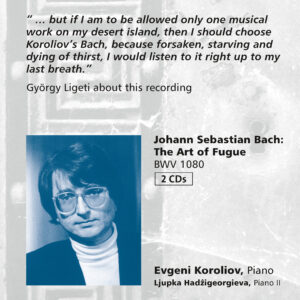
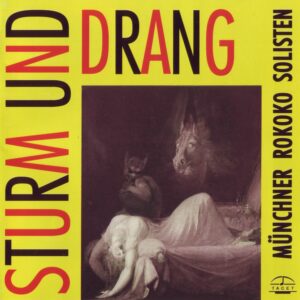

Pizzicato –
Koroliov has recorded both books of the Préludes and, in doing so, affirms his defining strength: he succeeds in clarifying the works’ structures, stripping away any veiling emotional haze and allowing formal design to triumph over mere mood-painting—all to the greatest benefit of these preludes.
Dabei dient ihm seine Familiarität mit Bach, so wie ihm sein Verständnis für das Innenleben Schuberts hilft. Von ersterem hat er die Klarheit, die Vielschichtigkeit des Anschlags, von letzterem die emotionale Vielfalt und die Sensibilität, die jedes dieser Präludien zu einem kleinen Juwel machen (…).
GW
Fono Forum –
The versatile Evgeni Koroliov […] proves once again with this recording that he ranks among the supreme architects of the piano world. This release is the seventh installment in TACET’s "The Koroliov Series." Here, too, the artist—who teaches in Hamburg—demonstrates that he is far more than just the celebrated Bach specialist. Of course, he doesn’t deliver pure école française; nevertheless, his playing is rich in meticulous detail and transparent voicing, creating dynamically layered sonorities in the Préludes that unfold with almost architectural precision. […]
Michael Stenger
Wetzlarer Neue Zeitung –
Rating: Genius.
His [Koroliov’s] playing conveys Debussy’s works without a trace of showy effects, revealing ever more details of the Préludes with each new listening. […] The CD’s sound quality is superb, and the accompanying booklet provides precise information on both the works and the interpreter.
Klaus Andrießen
Stereo –
The Préludes, composed between 1909 and 1913, are anything but mere mood paintings; rather, they are showcase examples of how Claude Debussy transformed psychological states and anecdotal moments with profound intellectual depth. Evgeni Koroliov performs Debussy with almost no haze, allowing both structures and colors to emerge with equal clarity. […] The sound captures a full, unadulterated piano tone.
Egon Bezold
Crescendo –
Evgeni Koroliov, who in recent years has earned a reputation as a preeminent Bach interpreter, demonstrates once again that his mastery extends far beyond the great Baroque composer. With rich tone, sensitivity, and no unnecessary embellishments, he lends each of these short, programmatic pieces a distinct character—never resorting to mere pianistic showmanship. Through clearly structured phrasing and an immense dynamic range, every prelude emerges vividly: whether one gazes upward at the towering walls of "La Cathédrale engloutie" or listens to the frenetic movements of the imp "Puck." What defines Koroliov’s recording above all is his refusal to indulge in superfluous emotional outbursts—and it is precisely this restraint that makes his interpretation so compelling.
EH
musicus, Wissenschaftliche Buchgesellschaft –
Evgeni Koroliov meticulously plumbs the depths of the music, and his art of phrasing offers pure delight.
image hifi –
Debussy’s Préludes—these impressionistic piano sketches, free of all prelude-like pretense—can thunder, whisper, sing, or declaim, making them ideal for virtuoso display or encores. That’s why it’s a true stroke of luck when an interpreter renounces any urge for self-aggrandizement and lets the compositions speak entirely for themselves. As for Evgeni Koroliov, he simply has no need to prove anything to anyone anymore. With the composure of an old master, he engages with the musical substance itself. His touch—and the superb recording technique that captures it—produces a tone that is full, almost velvety, and fluid where the music demands, yet never over-bright or forced into metallic harshness, not even in the most expressive fortissimos. […]
Der Schallplattenmann sagt –
Moscow-born Evgeni Koroliov (*1949) belongs to a new generation of unassuming yet technically and interpretively masterful pianists who prefer to place their artistry at the service of the composer rather than use it for vain self-display. With this approach, Koroliov achieves a lyrical, almost somnambulistic interpretation in his complete recording of Claude Debussy’s (1862–1918) two books of Préludes (…).
sal
KulturSPIEGEL –
"There are good pianists, there are grandiose pianists and there is Evgeni Koroliov: In each recording the Russian pianist, who hitherto was mainly to be heard playing Bach, sets new standards. With Debussy he competes with champions such as Gieseking or Michelangeli - and triumphs: this round of portraits of atmosphere, hovering wonderfully between jest and seriousness, has never before sounded so expressive or transparent."
NDR Kultur –
On black-and-white keys, Evgeni Koroliov conjures an entire orchestra to life. The secret of this Russian pianist seems to lie in his refusal to impose his own perspective on the music. Instead, he examines its mechanisms of perception as if under a microscope—almost objectively, free of preconceived constraints. He allows the music to unfold without seeking to dominate it, and in doing so, liberates it from the confines of meter and notation. At times, it sounds almost improvised, as though the music is being born in this very moment. A fleeting instant stretched into eternity: rarely does one come this close to the very essence of music.
Corinna Hesse
Bayern 4 Klassik Radio –
In recent years, Evgeni Koroliov has become so firmly established in the public consciousness as one of the most significant Bach interpreters of our time that his magnificent Schubert recording—or his equally brilliant and idiomatic Prokofiev release—has nearly faded from memory. Last year, the Russian pianist, now based in Hamburg, hinted at the breadth of his repertoire with a superb recording of four Mozart sonatas. And now, with the newly released double album of both books of Debussy’s Préludes—part of the highly meritorious Koroliov Series from the boutique label Tacet—he decisively proves that he is by no means merely a Bach specialist, but quite simply one of the greatest pianists of our era.
Koroliov’s Debussy playing is marked by a fascinating clarity, yet it also boasts an almost boundless wealth of tonal colors—realized through an incredibly nuanced touch, meticulously graded dynamics, and a virtuosity so effortless it seems almost incidental. With composed, intensely charged tranquility, he unfolds the sweeping sonic arcs of "Les sons et parfums tournent dans l’air du soir" or the expansive tension in "La terrasse des audiences du clair de lune" and "La cathédrale engloutie," while proving equally adept at capturing the subtle, slightly grotesque humor of "Général Lavine – excentrique." For anyone wishing to experience—whether anew or for the first time—just how magnificently Claude Debussy revolutionized piano sound, this CD comes with the warmest recommendation. It adds yet another highly compelling facet to our existing image of Koroliov. And as if that weren’t enough, it also features a true rarity: the world-premiere recording of the newly discovered Debussy prelude "Les soirs illuminés par l’ardeur du charbon" (only unearthed at the end of 2001).
Oswald Beaujean
Wiesbadener Anzeiger –
Since 1990, Russian pianist Evgeni Koroliov has recorded six productions with Andreas Spreer for TACET—each one so exceptional that you could justifiably pack them all in your suitcase for a desert island. There’s the exquisite Seasons of Pyotr Tchaikovsky, the deeply moving Schubert album, and the cheeky, provocative Prokofiev recital—but above all, the three Bach recordings, which were met with near-unanimous acclaim: the 1990 recording of The Art of Fugue (TACET 13) and the two volumes of The Well-Tempered Clavier (TACET 93 and 104), released in 2000, are so compelling in character and so profoundly insightful that, as the Frankfurter Rundschau put it, "Koroliov moves from masterful counterpoint and formal artistry… straight to the heart of the music"—and, as the Hamburger Abendblatt noted, "you’ll want to listen to his interpretation all over again." And as one enchanted critic from Le Figaro observed, he can conjure magic with just a few gestures: "Evgeni Koroliov steps onto the stage, gives a quick nod, places his hands on the keys… and suddenly, you find yourself in another world."
The same magic unfolds once more in his latest triumph, recorded in Oslo last October. Koroliov performs both books of Debussy’s Préludes—and does so in a way that demands a front-row seat for every listening, because he remains, even as he honors the evocative subtexts of the titles, the artist who thinks in structures, never allowing mood to disrupt form.
As a world-premiere recording, this double album includes a final Prélude rediscovered at auction in late 2001: "Les soirs illuminés par l’ardeur du charbon" ("Evenings Lit by the Glow of Coal," 1917), apparently Debussy’s musical thank-you to a coal merchant who admired him and supplied the composer with scarce fuel during the war. Until now, the Préludes have never been released in their complete form.